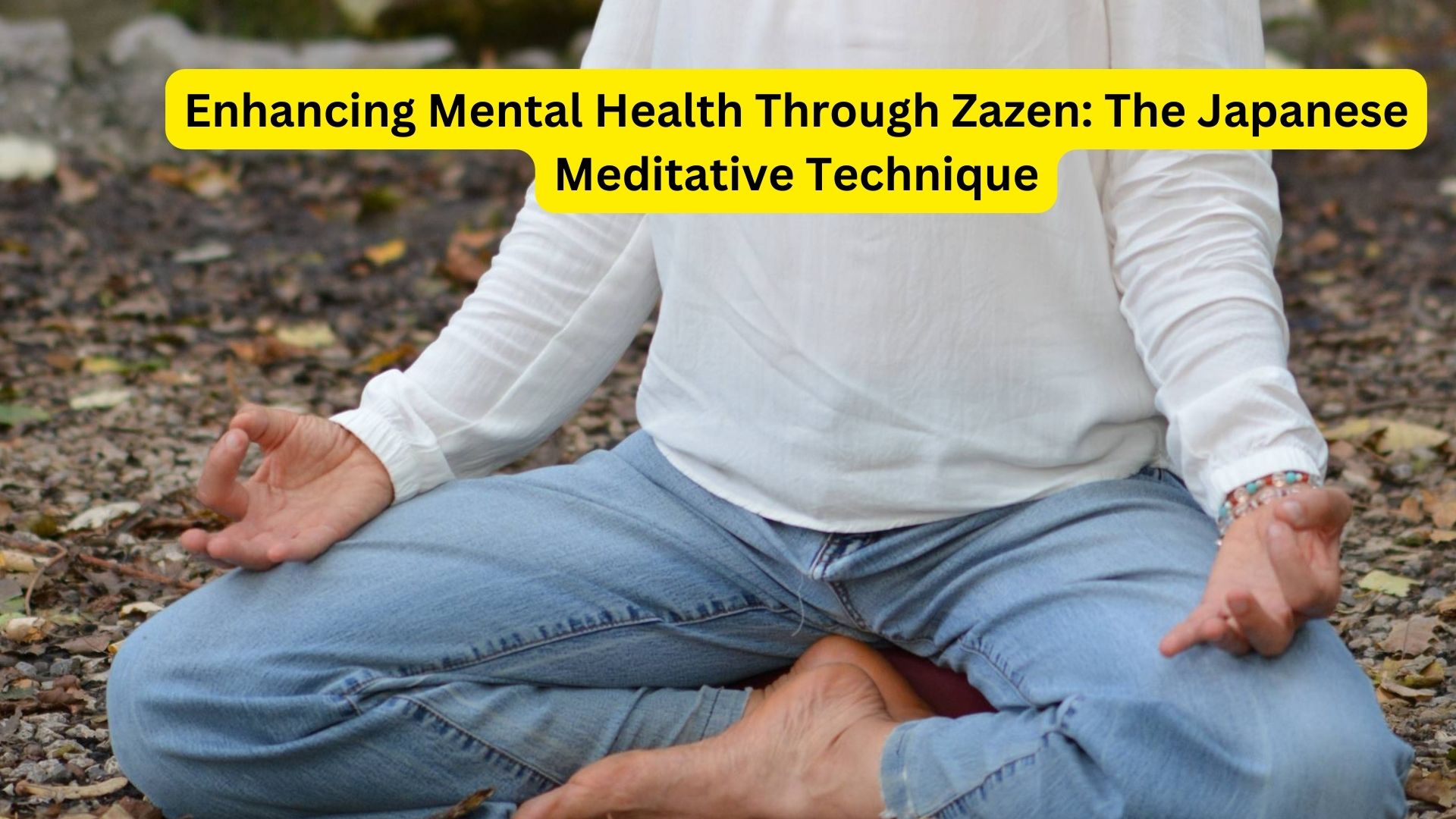
Zazen, a meditation practice rooted in the teachings of Buddha over 2,500 years ago, holds the potential for significant mental health benefits. While some may dismiss it as spiritual jargon, it goes beyond that. Issho Fujita, a Zen Monk with a background in child psychology, describes Zazen as a state of being rather than a mere meditative practice. This Japanese philosophy, deeply embedded in their way of life, provides insights into understanding the true nature of the self.
A Comprehensive Approach: In contrast to many other meditation forms that primarily target the mind, Zazen takes a holistic approach by emphasizing the interconnectedness of the body and mind. During Zazen practice, the body remains perfectly still, the mouth stays closed, and the mind quiets its constant stream of thoughts, desires, and consciousness. In Fujita’s words, it’s about halting the mental activities of thinking, willing, and consciousness.
Simplifying Zazen: In simpler terms, Zazen can be boiled down to sitting still with an empty mind—a concept that aligns with what Gen Z might call “an empty brain with no thoughts.” Dr. Kunjan Gupta, a consultant psychiatrist, notes that while Zazen isn’t exclusively a mental health philosophy, it can significantly impact mental well-being. It places an emphasis on focused breath awareness and observing thoughts without attachment.
The Benefits: From a mental health perspective, Zazen offers several advantages:
- Stress Reduction: Zazen’s mindfulness and stillness practice can help reduce stress by calming both the mind and body.
- Enhanced Mindfulness: Regular Zazen meditation cultivates heightened awareness of the present moment, enhancing mindfulness.
- Improved Emotional Regulation: By observing thoughts without judgment, individuals can gain better control over their emotions, aiding emotional regulation.
- Self-Awareness and Inner Calm: Zazen promotes self-awareness and fosters a sense of inner calm, making it a valuable tool for managing anxiety and depression.
Starting Your Practice: To harness the mental health benefits of Zazen, consider integrating it into your daily routine. Dr. Gupta suggests starting with short daily meditation sessions and gradually extending the duration as you become more comfortable. Find a quiet, comfortable space, assume a relaxed yet alert posture, focus on your breath, and allow thoughts to come and go without judgment. Consistency is key to reaping the full rewards of Zazen. If needed, seek guidance from a qualified meditation teacher.
A Note of Caution: While practices like Zazen can offer numerous advantages for mental well-being, they are not substitutes for professional mental health treatment when necessary. Always consult with a healthcare expert for personalized advice.
Also Read
Morning Meditation: Enhancing Well-being with Reduced Stress, Anxiety, and Increased Energy
In conclusion, Zazen’s unique approach to meditation offers a pathway to improved mental health by fostering mindfulness, reducing stress, and promoting emotional regulation. By incorporating this practice into your life with dedication and care, you may discover a deeper sense of inner peace and well-being.
